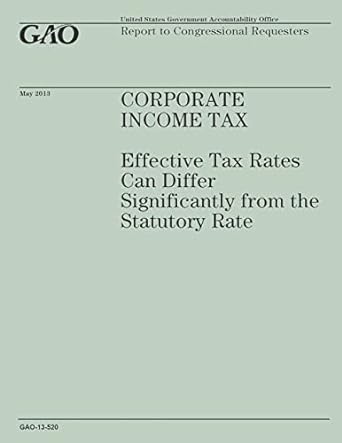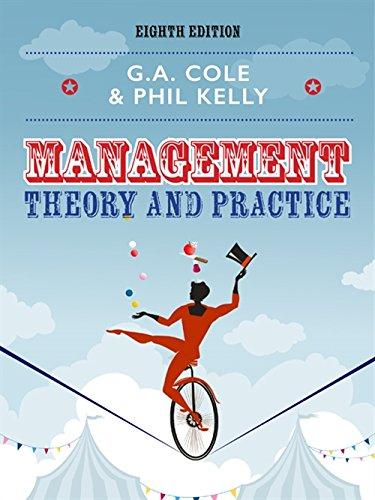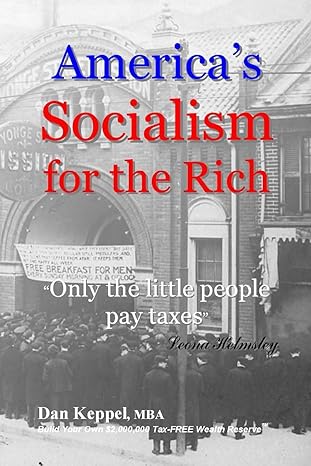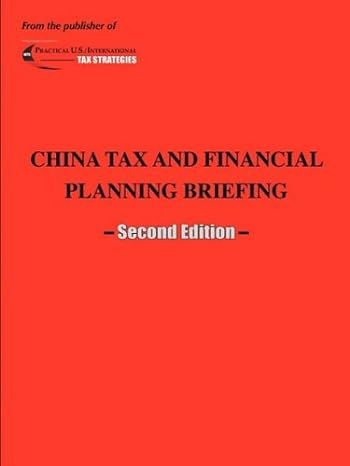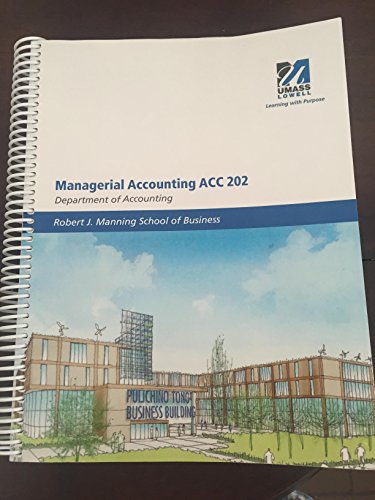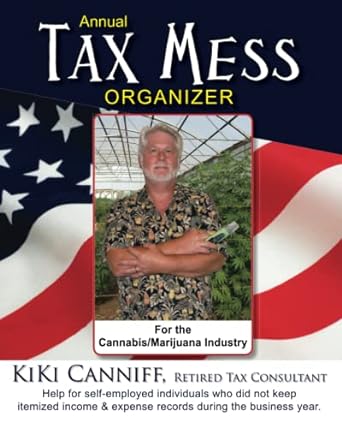Go back

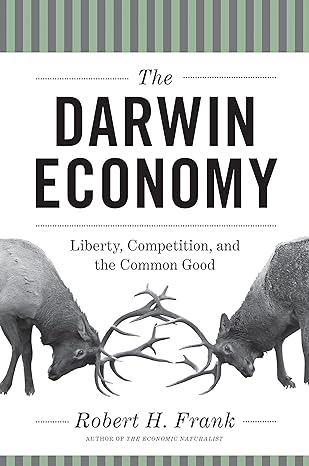
The Darwin Economy Liberty Competition And The Common Good(1st Edition)
Authors:
Robert H. Frank

Cover Type:Hardcover
Condition:Used
In Stock
Include with your book
Free shipping: May 07, 2024Popular items with books
Access to 3 Million+ solutions
Free ✝
Ask 10 Questions from expert
200,000+ Expert answers
✝ 7 days-trial
Total Price:
$0
List Price: $69.00
Savings: $69(100%)
Book details
ISBN: 0691156689, 978-0691156682
Book publisher: Princeton University Press
Get your hands on the best-selling book The Darwin Economy Liberty Competition And The Common Good 1st Edition for free. Feed your curiosity and let your imagination soar with the best stories coming out to you without hefty price tags. Browse SolutionInn to discover a treasure trove of fiction and non-fiction books where every page leads the reader to an undiscovered world. Start your literary adventure right away and also enjoy free shipping of these complimentary books to your door.
The Darwin Economy Liberty Competition And The Common Good 1st Edition Summary: What Charles Darwin can teach us about building a fairer societyWho was the greater economist?Adam Smith or Charles Darwin? The question seems absurd. Darwin, after all, was a naturalist, not an economist. But Robert Frank, New York Times economics columnist and best-selling author of The Economic Naturalist, predicts that within the next century Darwin will unseat Smith as the intellectual founder of economics. The reason, Frank argues, is that Darwin's understanding of competition describes economic reality far more accurately than Smith's. And the consequences of this fact are profound. Indeed, the failure to recognize that we live in Darwin's world rather than Smith's is putting us all at risk by preventing us from seeing that competition alone will not solve our problems.Smith's theory of the invisible hand, which says that competition channels self-interest for the common good, is probably the most widely cited argument today in favor of unbridled competition?and against regulation, taxation, and even government itself. But what if Smith's idea was almost an exception to the general rule of competition? That's what Frank argues, resting his case on Darwin's insight that individual and group interests often diverge sharply. Far from creating a perfect world, economic competition often leads to "arms races," encouraging behaviors that not only cause enormous harm to the group but also provide no lasting advantages for individuals, since any gains tend to be relative and mutually offsetting.The good news is that we have the ability to tame the Darwin economy. The best solution is not to prohibit harmful behaviors but to tax them. By doing so, we could make the economic pie larger, eliminate government debt, and provide better public services, all without requiring painful sacrifices from anyone. That's a bold claim, Frank concedes, but it follows directly from logic and evidence that most people already accept.In a new afterword, Frank further explores how the themes of inequality and competition are driving today's public debate on how much government we need.
Customers also bought these books
Frequently Bought Together
Top Reviews for Books
Muhammad adeel
( 5 )
"Delivery was considerably fast, and the book I received was in a good condition."


